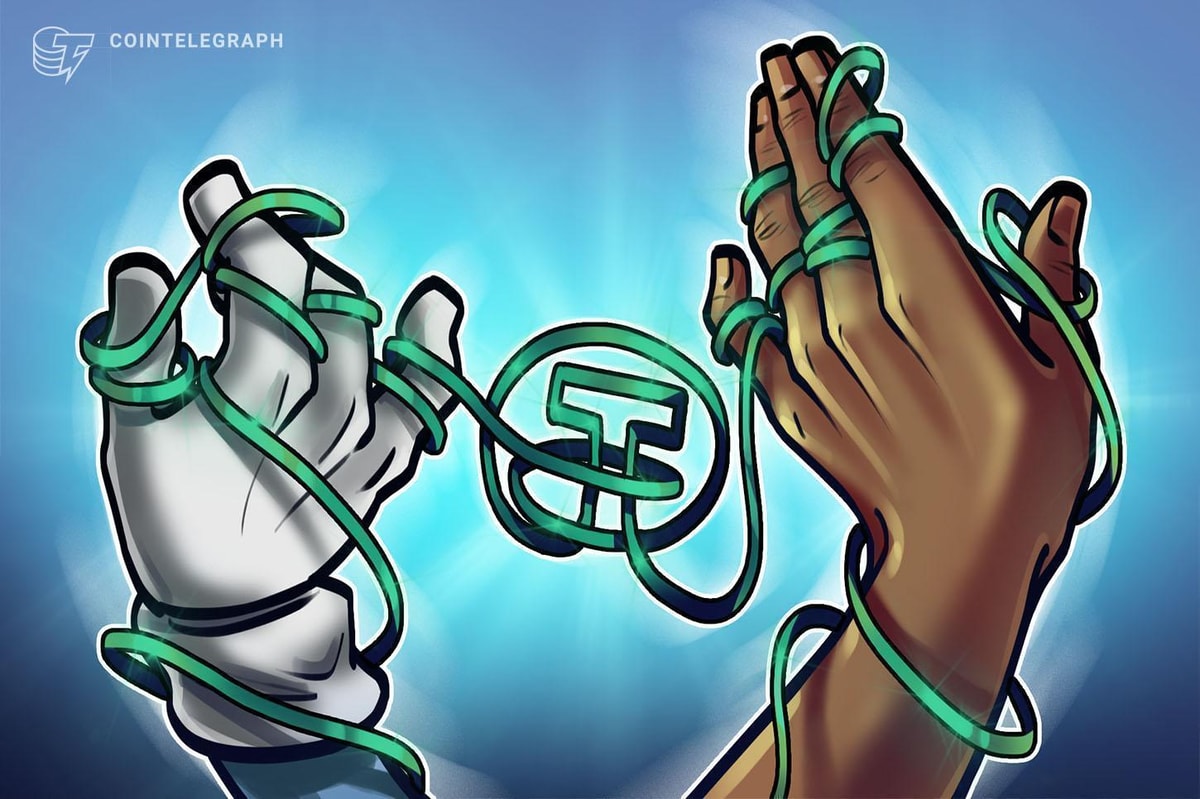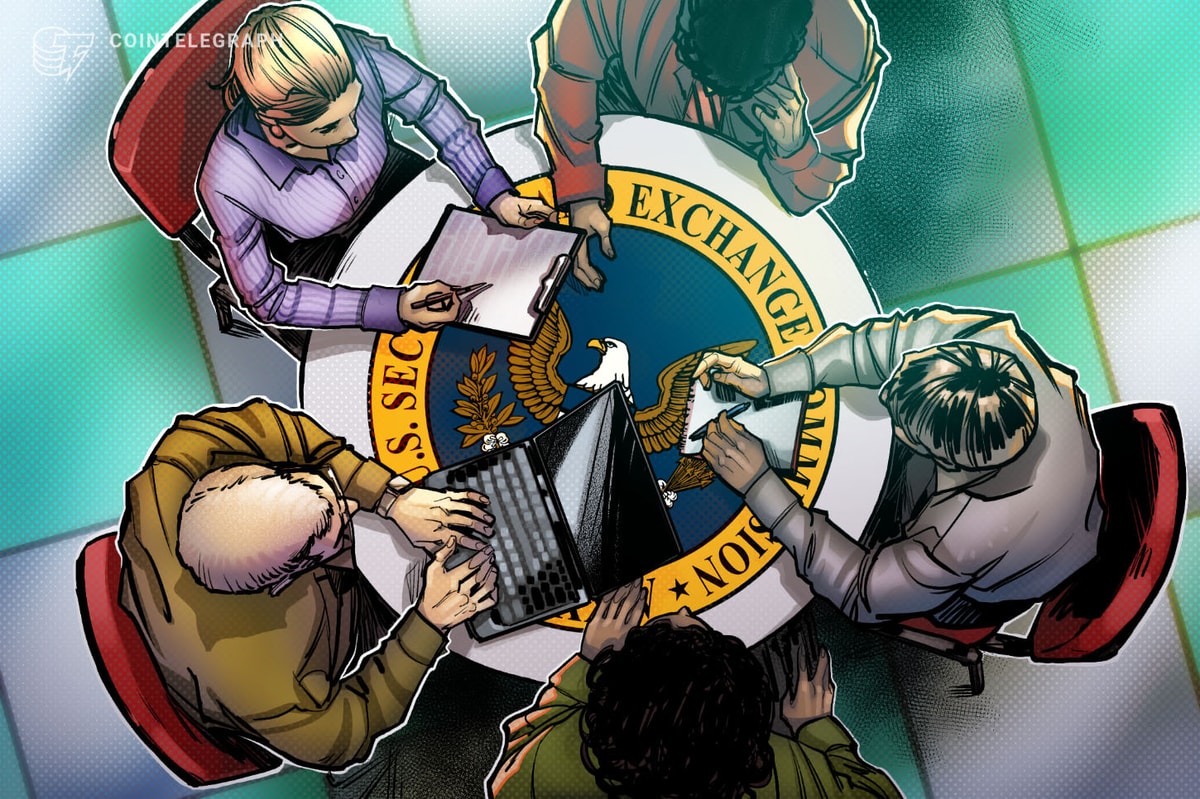Opinion by: Ezra Reguerra, journalist at Cointelegraph
The Kingdom of Bhutan’s openness to dive into Web3 technology creates an opportunity to build a blockchain-based identity infrastructure and modernize the nation’s approach to digital identity.
Bhutan is a Himalayan country where modernization is paced and driven by its culture and values. Its Gross National Happiness (GNH) development philosophy pushes the country to take a cautious approach to tourism and technology. Because of this, Bhutan has historically chosen sovereignty over scale.
The country has already made headlines for its hydro-powered Bitcoin mining project, its crypto reserve initiative for its Gelephu Mindfulness City and its recent rollout of crypto payments through its Binance partnership.
As the country experiments with crypto, the next logical step is to explore blockchain-based digital identity solutions — a critical infrastructure layer that complements its broader crypto ambitions.
Bhutan’s unique naming culture and ID infrastructure
Bhutan is uniquely positioned to benefit from decentralized identity systems. A recent trip to Bhutan allowed Cointelegraph to witness Bhutan’s unique naming culture and current identification infrastructure.
Bhutanese naming culture works differently from many Western or Asian naming systems. In the country, people do not use surnames or family names. Instead, most people are given one or two names that are not inherited from their parents or relatives.
A local tour guide told Cointelegraph that children would visit monasteries and ask monks to bestow names upon them. Because of this, many Bhutanese citizens can share similar names. At times, even men and women in Bhutan can share similar names. Names like “Karma,” “Tashi” and “Sonam” are gender neutral.
The guide also told Cointelegraph that because of their naming culture, there are difficulties in finding people online. He said writing a Bhutanese name on social media platforms like Facebook or Instagram would often show thousands of results.
Multiple Kuenly Dorjees can exist, however, from the same place. In such cases, officials would use a person’s national identification number to distinguish people with the same names.
While the current identity infrastructure works for the Himalayan country, a future reliant on digital systems would require a different approach, especially as the nation is beginning to implement crypto technology within its ecosystem.
Modernizing infrastructure with blockchain-based digital identity
Decentralized digital identity may seem like a thing for the future, but it’s already being tested in some parts of the world. The European Union is trialing blockchain-based tamper-proof diplomas, while Germany and South Korea are piloting blockchain-based digital identification systems. Bhutan can follow in their footsteps.
Blockchain-based digital identity solutions can provide many benefits to the Himalayan kingdom. Since Bhutan values self-reliance and sovereignty, adopting a decentralized identity infrastructure makes sense. With this, Bhutan can modernize local identification processes and allow citizens to retain control over their data.
The country can also create a national identity program without foreign interference, retaining its sovereignty while upgrading its infrastructure. This could streamline access to payment services, reduce fraud, allow easier access to public services and preserve lineage in a way that aligns with the country’s cultural and spiritual values.
With a blockchain-based ID, people can connect educational certificates, professional licenses and training credentials all in one place. These can be globally verifiable, immutable and digitally portable for citizens aiming to work abroad.
The World Health Organization confirmed that Bhutan’s healthcare system is predominantly publicly financed. According to a local tour guide, the government would even fly patients abroad and shoulder the expenses if the required treatments are unavailable in the country.
With blockchain-based digital identity infrastructure, Bhutan can optimize its medical records management. It can be streamlined and connected to the identity infrastructure, which can help medical professionals better track the history and conditions of Bhutanese patients locally and abroad.
A decentralized digital identity can also help unbanked users in Bhutan to have their own digital records.
This will enable them to access financial services and better comply with Know Your Customer (KYC) and Anti-Money Laundering (AML) requirements.
With Bhutan also attempting to boost its economy through crypto tourism, it can use decentralized ID systems to better track the records of tourists coming into the country.
Apart from a technical upgrade, decentralized identities would be a natural extension of Bhutan’s commitment to national sovereignty and well-being, showing a powerful example of ethical digital governance.
Roadblocks to implementing decentralized identity
While Bhutan can significantly benefit from such infrastructure, it must also navigate some roadblocks before implementation becomes viable. This includes digital literacy and connectivity in rural areas. Deploying a nationwide digital identity system rooted in emerging technologies will require user education campaigns and intuitive interfaces.
Another thing to consider is Bhutan’s environmental ethos. As a carbon-negative nation, blockchain energy consumption is a concern. As the country is powered by hydroelectricity, however, it could get clean and cheap power for the infrastructure.
Another concern for the government may be data control and efficiency. Complete decentralization and transparency through public chains may limit the government’s control over the infrastructure. However, it can opt to create a permissioned blockchain that offers more control but is more centralized.
Striking a balance might be the key for Bhutan to modernize its identity infrastructure without sacrificing its values.
Opinion by: Ezra Reguerra, journalist at Cointelegraph.
This article is for general information purposes and is not intended to be and should not be taken as legal or investment advice. The views, thoughts, and opinions expressed here are the author’s alone and do not necessarily reflect or represent the views and opinions of Cointelegraph.

 7 hours ago
1
7 hours ago
1






















 English (US) ·
English (US) ·